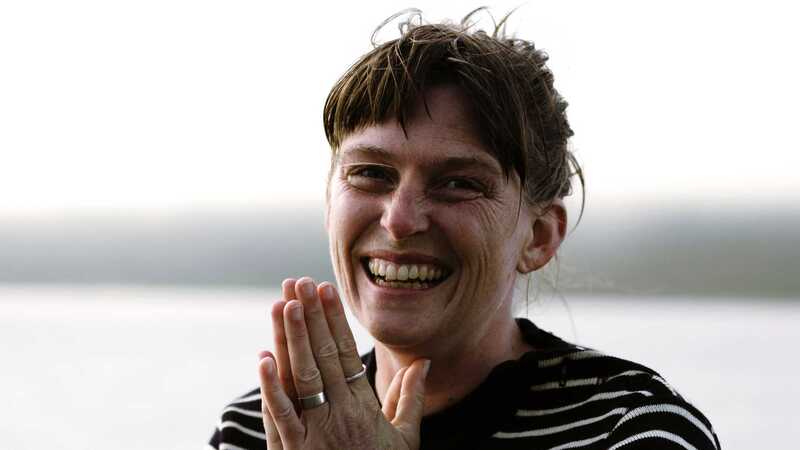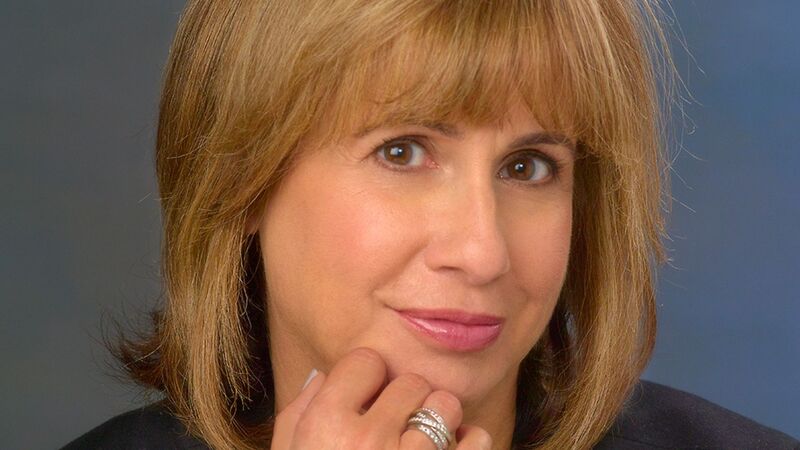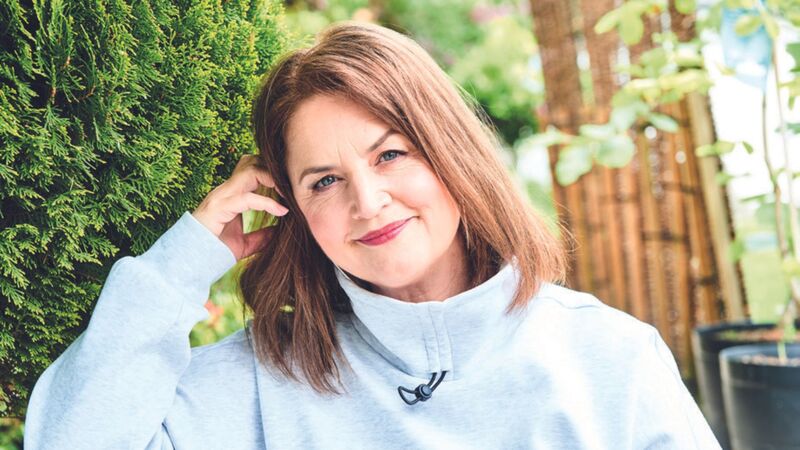You are viewing your 1 free article this month. Login to read more articles.
Rebuck's pioneering publishing career explored on 'South Bank Show'
Baroness Gail Rebuck, chair of Penguin Random House UK, has told "The South Bank Show" that she gave herself just 100 days to prove she could be chief executive of a major publishing business, after taking over the reins at Random House in 1991. In a retrospective of her career broadcast on Sky Arts last night (5th December), presenter Melvyn Bragg described Rebuck's impact on the publishing business during a period of huge change in the sector as “immeasurable”.
The programme focused on her pioneering role as a woman in publishing at a time when the sector was dominated by men. Rebuck told Bragg: “There were men all over the pace, that was normal in those days . . . Men were in charge, they were running everything, and had all of the positions of power. The women came in as secretaries, and that was how I started.”
Rebuck joined Hamlyn in 1979, starting a paperback list, and also became a Women in Publishing member in the same year, which enabled her to develop a network. She later joined Anthony Cheetham in creating Century, which merged with Hutchinson in 1985, before being taken over by Random House UK in 1989. When she usurped Cheetham at the top of Random House, she said that she had to face down her senior team: "I looked round at all of my colleagues, and there was absolute horror on their faces, mostly men but not exclusively. It was ghastly."
Private Eye described her as a "Barbie Doll who crunched diamonds in her teeth". The author Robert Harris told the programme that Rebuck faced criticism, characterised as "a pushy mother", in a way that men would not have done in the same position.
Rebuck joked that an assertiveness course she attended through WiP had worked almost too well. "My head was exploding with possibilities, you don't have to put up with the status quo. Some might say it was too effective in my case. It really was a wake-up call for us obedient types."
But she said she had not been driven by ambition. "I was propelled by boredom rather than ambition. I just wanted to be engaged, challenged, and interested." She also admitted that she had felt "isolated" when she ran Random House. "Running something is the loneliest thing, because you have no friends and sometimes have to take tough decisions."
Rebuck said the industry had faced three seismic changes in her time, including the growth of Waterstones, the loss of the Net Book Agreement, and arrival of Amazon, but she was critical of the sector's initial response to being allowed to discount books. "I failed to understand the lemming like quality of the UK industry, which discounted so low, so extensively, that it almost blew up the business."



















